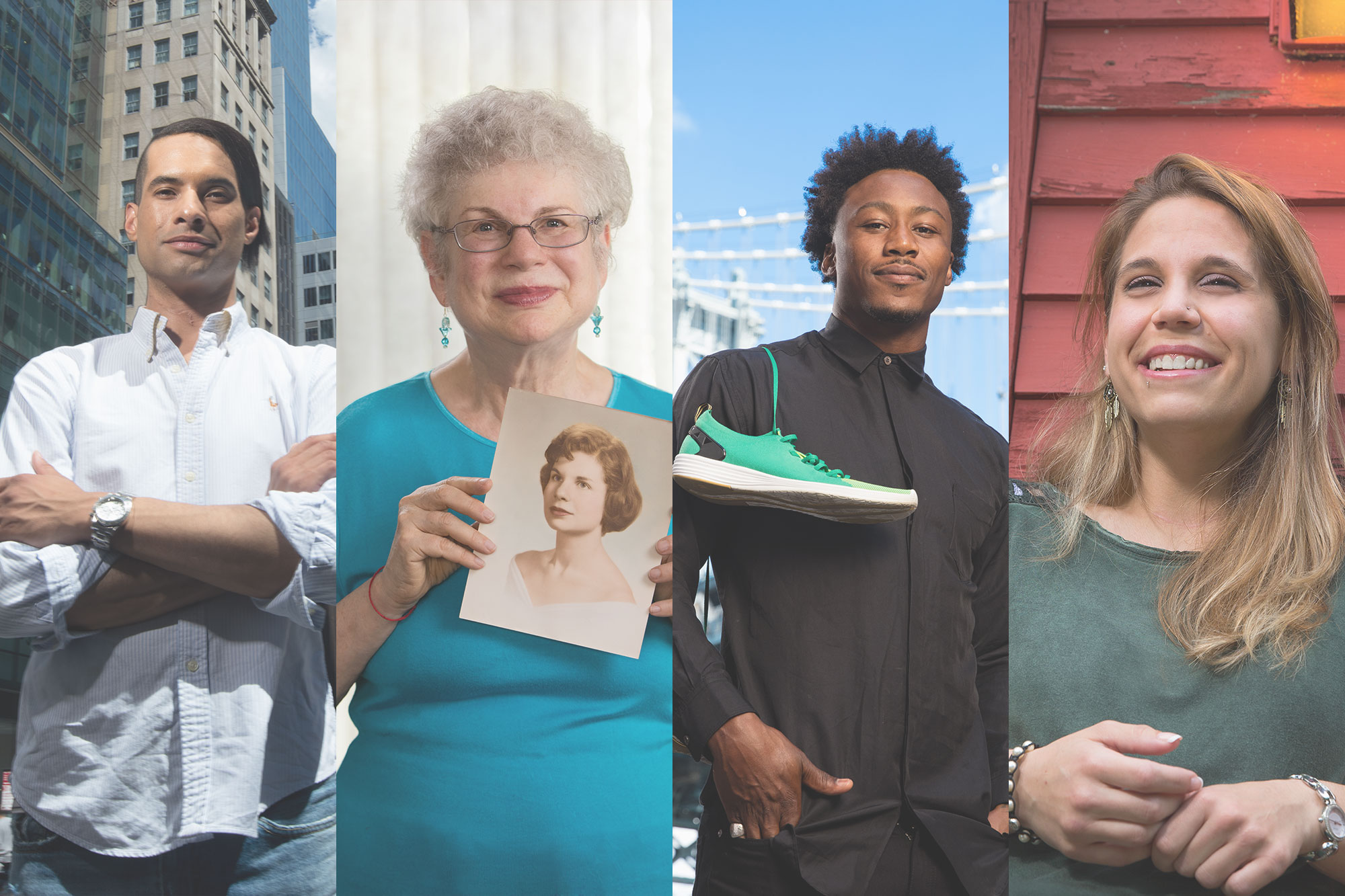BPD is not a life sentence—recovery is possible
Throughout her youth, Nicole experienced unbearable emotions and would harm herself in response.
‘Rage dissociation’ is what I call it, because it really was like an out-of-body experience. I would also shut down and disappear for several weeks when I was triggered by broken relationships.
By the time Nicole was in college, she recognized that she needed help. She sought treatment, only to receive a series of misdiagnoses.
Everyone diagnosing me would give me medication, but it would increase all kinds of other issues, especially suicidal ideation. I thought, ‘This is not it.’
Nicole was also dealing with autoimmune conditions. By the time she was in her early 30s, she was so desperate for help with her mental health that she went to a psychic for guidance.
The clairvoyant, who I had been to previously and usually had good news such as, ‘You’re going to get this raise, and you’re going to get this, that, and the other,’ said, ‘You have borderline personality disorder.’
It would turn out that the psychic was right about her condition: Nicole has borderline personality disorder (BPD). Nicole realizes the irony of learning the news in this manner. To her, the experience illustrates how discouraging it can be for people with BPD to have such a long journey before receiving an accurate diagnosis.
Treatment would prove to be a hurdle, too. When she started calling therapists for help, they told her they didn’t treat the condition. One provider advised Nicole not to tell anyone she had BPD.
I saw firsthand that I needed to keep it to myself, so I struggled in silence for many years.
Nicole’s outlook changed after the birth of her child. Once she had her son, she had an emotional breakdown after enduring abuse from her then-spouse. She realized if she didn’t find help, she wouldn’t be able to be a strong mom for her son.
I wanted us to both have a chance to have fulfilling lives, and for him not to have to walk around taking on my shame and my stigma because his mom has this particular challenge.
Motivated, Nicole decided to interview mental health providers nonstop until she found an answer.
Interestingly, I approached the process differently this time. I decided to tell my story. I had this belief that because my intention was so different—it wasn’t just about me—I was going to convince someone to help me. And I did.
Nicole’s therapist was clear about boundaries, including rules about attendance and consistency. Nicole was relieved that her appointments were virtual and she could receive treatment from the comfort of her home. Together, Nicole and her therapist created a crisis support plan that Nicole could follow instead of harming herself.
That therapist was probably the first one to really help me and give me guidance that this diagnosis is not a life sentence and that recovery is possible.
Nicole now sees two mental health coaches for treatment. She practices specific dialectical behavior therapy (DBT) and mindfulness skills, as well as reframing.
With BPD, I’ve discovered it’s important to have three lanes, a relax, relate, and release premise. You really have to be self-aware enough to know: Okay, which one do I need to draw upon in this moment?
Her coping ranges from physical exertion to complete stillness.
I may choose to release an emotion through an activity like boxing. Once I let the emotion out, without judgment, I can consider a positive solution available at that moment. Other times, I just need to talk about something—that’s where the relating part comes in. Still, other times, I just need to apply mindfulness or DBT to help ground myself.
Now, Nicole thrives. She and her ex-husband co-parent their son peacefully. Nicole continues to work as a career and leadership coach, a vocation she has had for 30 years. She recently developed a nonprofit organization and podcast to provide tools, resources, and connection to people with BPD.
Even if you don’t have whatever amount of money in the bank to get resources, there are places that provide support. I’d like whoever reads my story to know that BPD does happen to women of color. It does happen to people who consider themselves serious introverts. It does happen to people who have other autoimmune things going on.
It’s not to be dismissed, and it’s not a life sentence. Recovery is very much a possibility with BPD.

